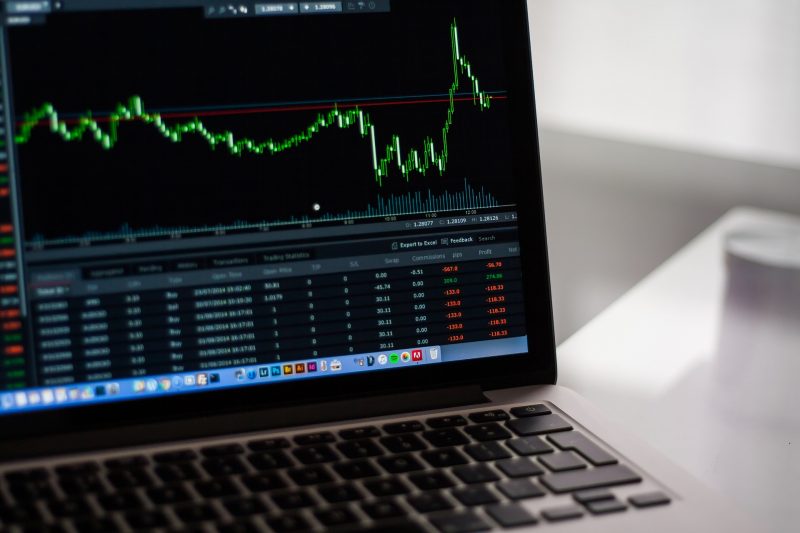Popular Posts
A limit order is any kind of investment purchase that is set with specific conditions. The “limit” requires those conditions to be met before the order is executed.
Short-term stock market investing can be tricky. Some stocks are more volatile than others, meaning they can rise and fall in price frequently and by wide margins.
You might want to buy or sell a given stock but only if the price were at, above or below a specific level. A limit order provides instructions to your broker to execute only when that price target is hit.

For instance, say you would like to buy 100 shares of a hot startup. You are excited about owning the company but fear that you might overpay for the opportunity.
You make the calculation that the company would be a good purchase if you manage to buy it at $50 a share. However, any value above $50 would be expensive, in your view.
The stock has been trading at $72 a share, but you can see that it has traded below $50, and sometimes well below $50, in the past few weeks.
So, you set a buy limit order for that company at $50. You have effectively told your broker to try to fill the order when and if the price falls to that number.
Now, the stock might not hit that number today, tomorrow or even within the next week or so. If you set a plain limit order it will expire that same day. If the stock fails to fall to $50 by the end of the trading day your order is canceled by the brokerage.
To avoid this, you can choose to make the order “good til canceled” (GTC) when you set up the trade. Brokerages won’t leave a limit order open indefinitely, but a GTC request typically will be honored for up to 30 or 60 days.
Your hot startup bobbles around for another week or so then one day it falls like a rock. Your GTC limit order at $50 executes.
Will you get it at $50? Well, maybe. The broker will go out into the market and try to buy (or sell, if that’s your order) the stock at whatever price is currently offered.
That might be well below your target, near it or even above it. All a limit order does is execute.
The risk here is small but real. Some stocks are traded so thinly that a suddenly low price can be followed within minutes by a very high price.
Brokerages can help guard against that risk by doing the trade internally from shares it already owns, but that won’t be true of every potential trade under the sun. Generally, limit orders are best with widely held stocks that have many buyers and sellers.
A limit order is only a tool, after all. It can be used constructively or destructively. Always research your prospective trade carefully and seek guidance from a professional before investing speculatively in any market or investment.
MarketRiders, Inc. is a registered investment adviser. Information presented is for educational purposes only and does not intend to make an offer or solicitation for the sale or purchase of any specific securities, investments, or investment strategies. Investments involve risk and, unless otherwise stated, are not guaranteed. Be sure to first consult with a qualified financial adviser and/or tax professional before implementing any strategy discussed herein. Past performance is not indicative of future performance.